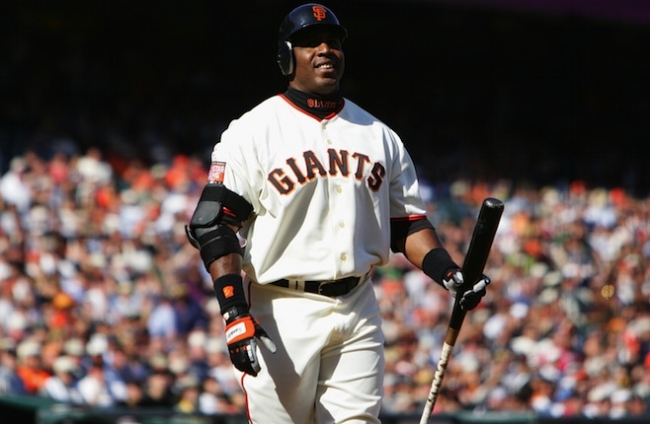Back in April, on the second day of my season-long blog experiment, I wrote about baseball during World War II. Specifically, I looked at how Americans were feeling on Opening Day of the 1942 season, the first day of games since the Pearl Harbor attack in December of 1941 and the United States' subsequent entry into the war. Somewhat shockingly, baseball continued throughout the entire war; every World Series was played from 1942-1945.
The one event that was cancelled, however, was the 1945 All-Star Game. Before the regular season began, the Office of Defense Transportation (ODT) requested that Major League Baseball cut travel by 25%. Additionally, it was announced that the World Series "may be cancelled" and the "annual all-star major league game is definitely out."
New York Times: February 22, 1945
Despite losing the All-Star Game, baseball fans were pleased with the announcement. Many had feared that the entire season would be cancelled due to strict wartime travel restrictions. The All-Star Game itself was a new event in 1945, just 12 years after the first was held in 1933. The game was popular among fans; so popular that the teams were still annonced without a game.
Of the 50 players selected, seven were members of the Cubs and five played for Cleveland. The selection process consisted of a poll done by the Associated Press of 13 MLB managers. You won't see names like Joe DiMaggio, Ted Williams, and Bob Feller on this list; all three were enlisted in the armed forces. Feller famously signed up for service the day after the Pear Harbor attacks at just 23, becoming the first professional player to enlist. Williams and DiMaggio both missed three full seasons, 1943-1945.
The Japanese surrendered in August of 1945, meaning the World Series would be played after all. The Tigers defeated the Cubs in seven games; it was the Cubs last World Series appearance until 2016. The quality of game play took a hit during the war; New York Times writer Arthur Daley called the 1945 World Series, "one of the most grotesque, funniest, and incredible postseason affairs that our national pastime ever has had."
As the stars of baseball returned for the 1946 season, so did the All-Star Game.
New York Times: December 15, 1945
The American League won the game at Fenway, 12-0, behind strong efforts from Bob Feller (3 IP, 0 R, 3 SO) and Ted Williams (2 HR, 5 RBI). Williams and Feller, both 27, put up amazing years upon their return. Williams won the AL MVP with a ridiculous .342/.497/.667 (10.9 WAR). Feller came in 6th and would have been a candidate for the Cy Young if it existed (first award was given in 1956); he struck out 348 batters in 371 innings, including 10 shutouts.











Baseball is here! And more importantly, that means the over/under game is back. It seems as though everyone is an expert this time of year. Somehow we convince ourselves that we are better at predicting baseball outcomes than everyone else. Well, AFITB is putting that to the test for the third year in a row. Think you know more about baseball than us? You probably do. But go ahead and prove it anyway.